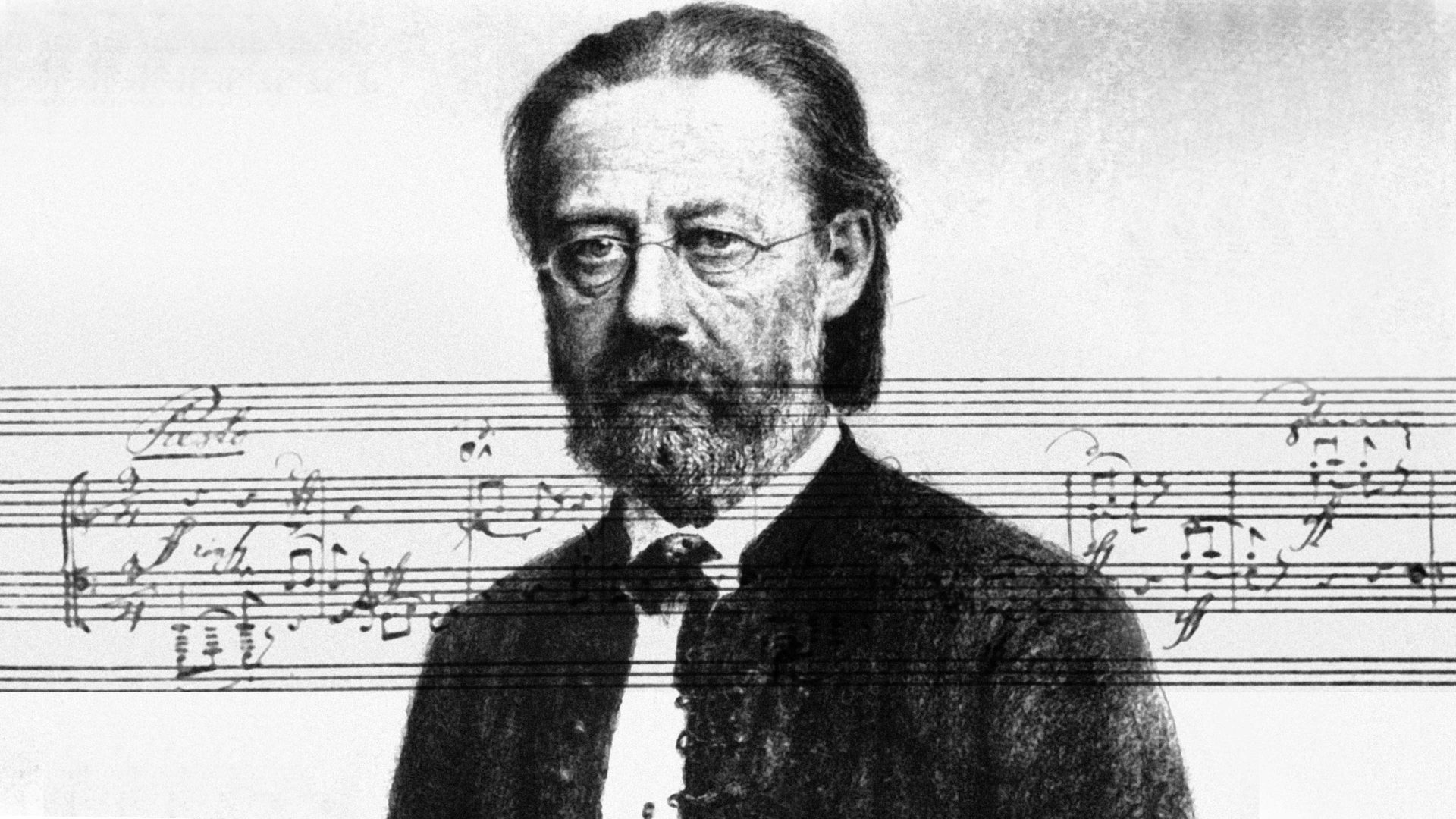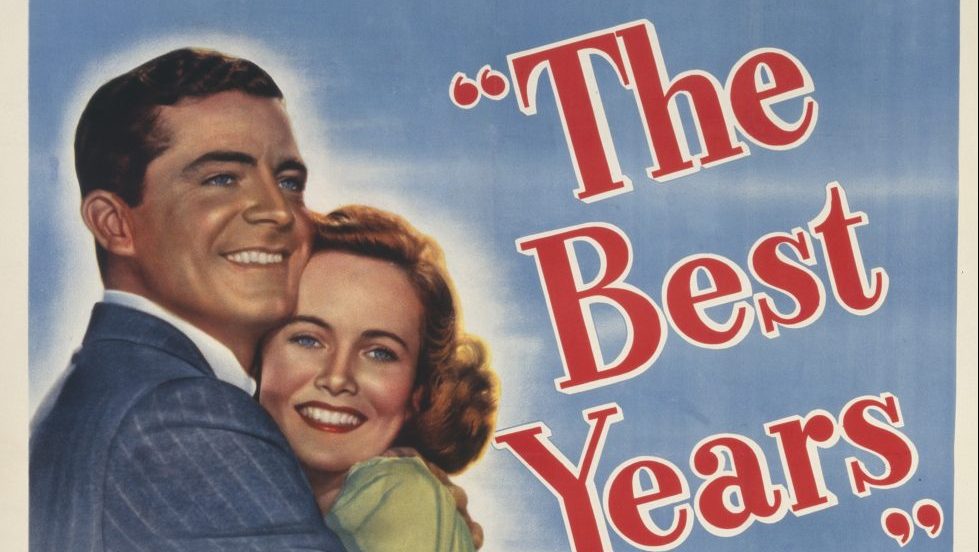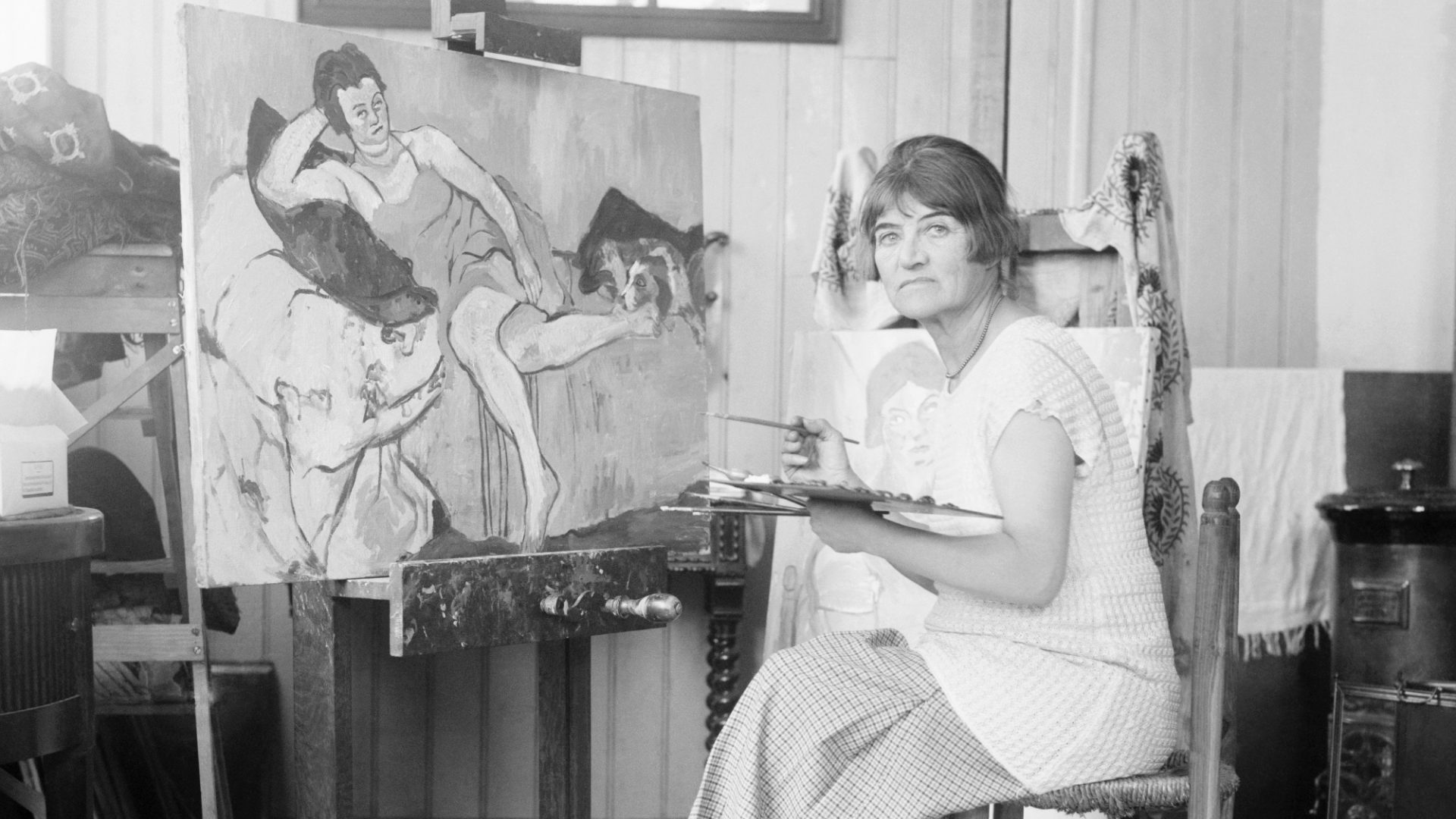Friedrich Smetana is known as the father of Czech classical music. He was closely associated with the rise of Slavic Czech nationalism, which came to fruition musically with his and Dvořak’s compositions, and politically with the collapse of the Austro-Hungarian Habsburg empire and the founding of the new nation of Czechoslovakia in 1918.
Smetana is particularly well known for his 1870s symphonic cycle Má Vlast (My Country), which is based on the history and legends of his native Bohemian countryside. One of the movements is the very popular symphonic poem Vltava, which is the Czech name of the river (known in German as the Moldau) which flows through Prague and then joins the Elbe downstream from Hamburg before joining the North Sea at Cuxhaven.
Smetana’s famous opera The Bartered Bride, which was first staged in 1866 in what is now the Czech capital of Prague, had a Czech-language libretto written by the Prague-based writer and journalist Karel Sabina, but it was also often performed in German.
Smetana’s music generally is imbued with the influence of Bohemian folk melodies and national sentiment, but in spite of these strong links between his work and Czech nationalism, Smetana spoke the Czech language rather poorly.
When he was born in 1824 in the Habsburg Bohemian town known as Litomyšl in Czech and Leitomischl in German, the official language of his birthplace was German. Smetana was baptised with the German-language given name of Friedrich. In Litomyšl, Smetana’s everyday face-to-face contact with lower-class or peasant speakers of Czech as he was growing up was presumably not sufficient for him to acquire full mastery of the language.
In the mid-1800s, Prague (German Prag, Czech Praha) had almost as many German speakers as Czech speakers, and for many decades was one of the main German-language cultural centres of Europe. It was home to a number of well-known German writers such as Rainer Maria Rilke, Franz Kafka, and Franz Werfel, who were all born in Prague. Gustav Mahler had strong connections to Prague. So did Mozart, whose Symphony No 38 was completed in 1786 and premiered in Prague in 1787 during the composer’s first visit to the city, which is why it is popularly known as the Prague Symphony.
Dvořak, on the other hand, grew up in the mid-1800s in a largely Czech-speaking rural environment, although his parents took care to make sure that he also became fluent in German. He also ended up speaking English rather well after his sojourns in the USA.
Smetana worked hard at becoming more fluent in Czech as he neared his 40s, and also switched from using his original German given name of Friedrich to favouring the Czech equivalent, Bedřich. (The letter ř, which occurs in Bedřich and Dvořak, is pronounced as a simultaneous trilled r plus zh as in vision.)
Bedřich, by the way, is a name that many people in Britain may be a little more familiar with than they realise. In the BBC TV comedy series To the Manor Born (1979-2007), written by Peter Spence and starring Penelope Keith, we learn that the nouveau-riche self-made man who is the new lord of the manor, Richard DeVere (played by Peter Bowles), is actually a Polish-Czech immigrant, and we can notice that his Czech mother usually addresses him as Bedřich.
BOHEMIA
Czechia, sometimes known as the Czech Republic, is a nation-state composed mostly of two historical lands: Bohemia to the west and Moravia to the east. The main cities of Moravia are Brno, Czechia’s second-largest urban centre, and Olomouc. Bohemia’s major centres are Prague, Plzeň (Pilsen – home of the beer) and Ostrava.




